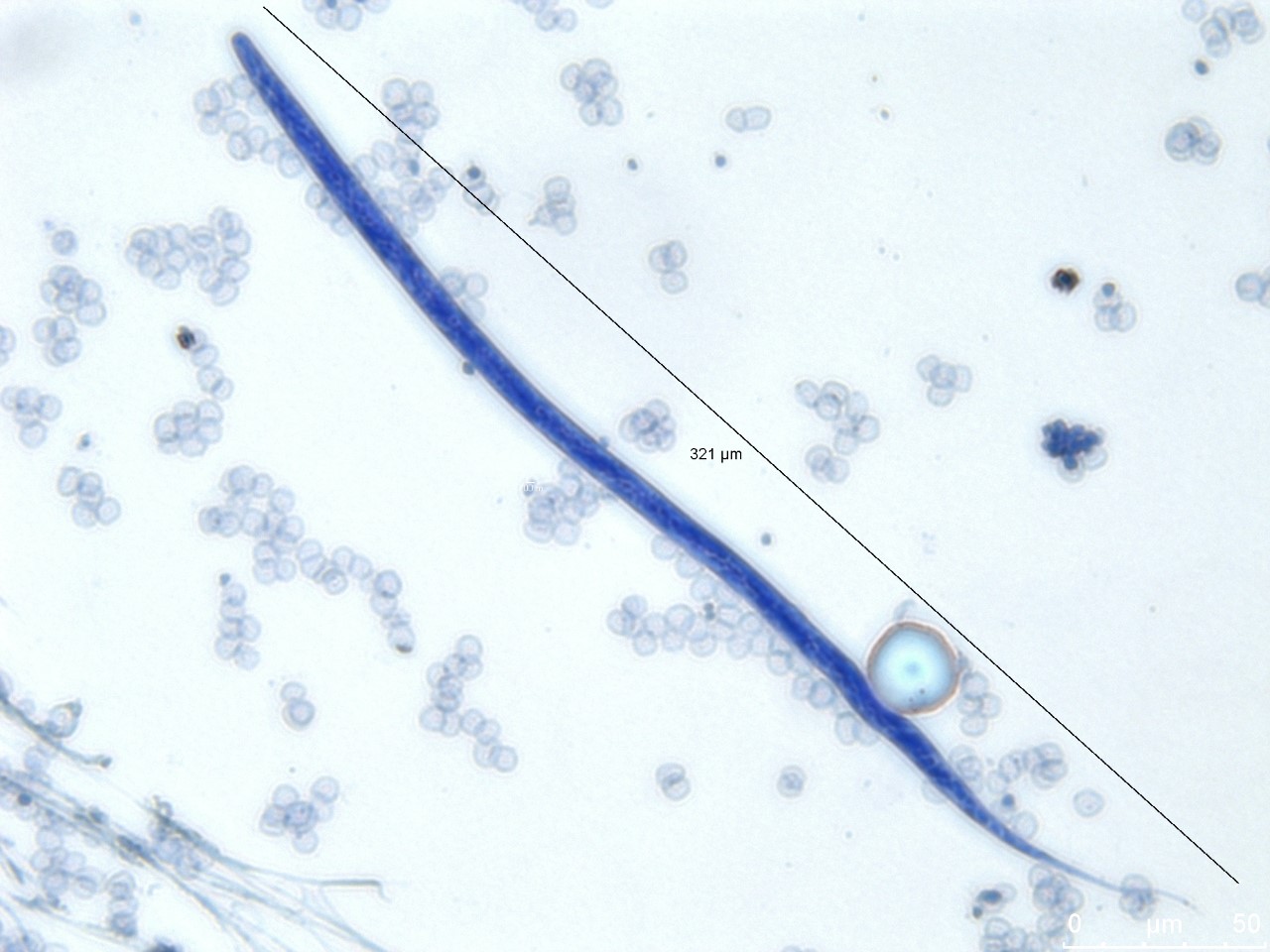First canine dirofilariosis report (Dirofilaria immitis) in Campo Grande, Mato Grosso do Sul, Brazil
DOI:
https://doi.org/10.21708/avb.2020.14.3.9254Abstract
Dirofilariosis is an emerging zoonosis with a wide distribution worldwide. In Brazil, it is caused by the nematode, Dirofilaria immitis, and transmitted by different species of culicide mosquitoes. The present work aimed to report the first case of canine dirofilariasis in the municipality of Campo Grande, Mato Grosso do Sul. On September 6, 2018, a 14-year-old female canine poodle with a history of traveling to the coastal region was seen at a private veterinary clinic in Campo Grande, with hypertension and eosinophilia. The animal was medicated with dipyrone and anlodipine for control of the hypertension and, after nine days, it returned with worsening of the clinical picture (êmese, melena, tacquicardia, tacquipnea). Complementary laboratory tests were requested, observing cardiac, hepatic, renal and pancreatic alterations, besides the presence of microfilaria, morphologically identified and confirmed as D. immitis by serological and molecular tests. The animal was hospitalized, but died on the fifth day after hospitalization. The fact that the animal has a report of a trip to the coastal region, without prophylactic treatment, characterizes the case as an allochthonous of dirofilariasis in the region.
Downloads

Downloads
Published
Issue
Section
License
Autores que publicam na Acta Veterinaria Brasilica concordam com os seguintes termos: a) Autores mantém os direitos autorais e concedem à revista o direito de primeira publicação, com o trabalho simultaneamente licenciado sob a Licença Creative Commons Attribution que permite o compartilhamento do trabalho com reconhecimento da autoria e publicação inicial nesta revista. b) Autores têm autorização para assumir contratos adicionais separadamente, para distribuição não-exclusiva da versão do trabalho publicada nesta revista (ex.: publicar em repositório institucional ou como capítulo de livro), com reconhecimento de autoria e publicação inicial nesta revista. c) Autores têm permissão e são estimulados a publicar e distribuir seu trabalho online (ex.: em repositórios institucionais ou na sua página pessoal) a qualquer ponto antes ou durante o processo editorial, já que isso pode gerar alterações produtivas, bem como aumentar o impacto e a citação do trabalho publicado (Veja O Efeito do Acesso Livre).


 Esta obra está licenciada com uma Licença
Esta obra está licenciada com uma Licença 